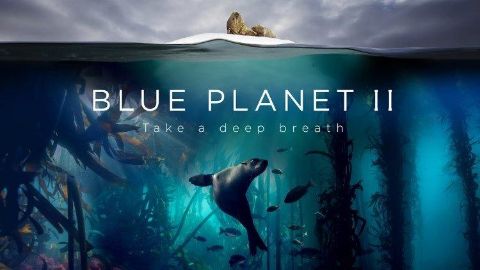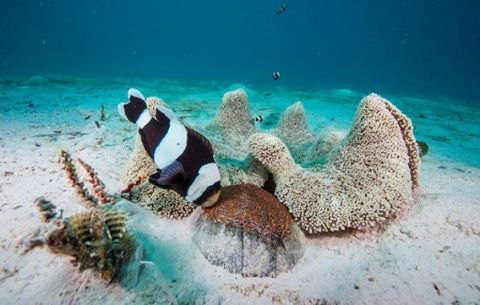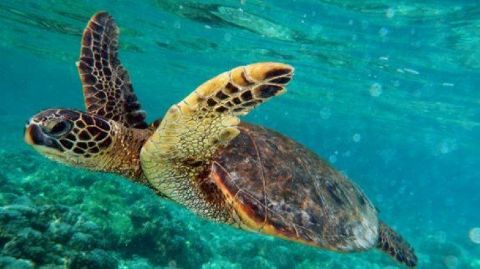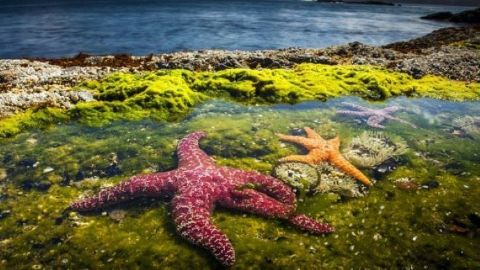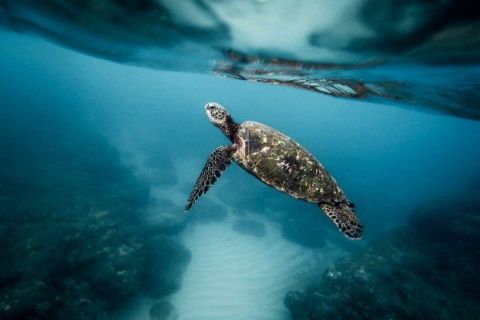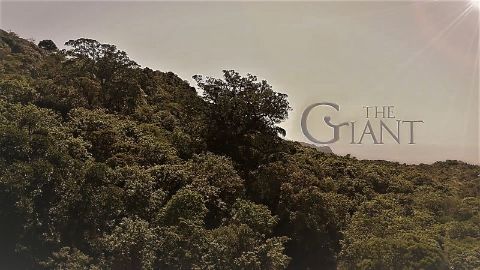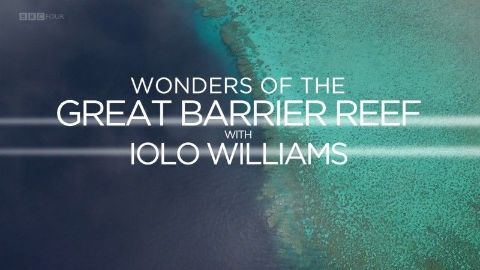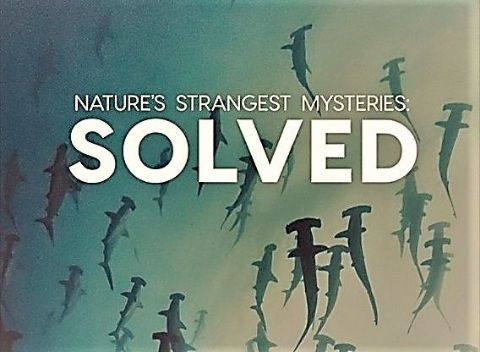Coral Reefs • 2017 • episode "S1E3" • Blue Planet II
Coral reefs are home to a quarter of all marine species. Survival in these undersea mega-cities is a challenge with many different solutions. A turtle heads to the reef's equivalent of a health spa - but she must use trickery to avoid the queue. A remarkable Grouper uses the fish equivalent of sign language to collaborate with an octopus, flushing their prey out of hiding holes. A metre-long, ferocious-jawed Bobbit Worm hides in its tunnel. Monocle Bream retaliate by squirting water to expose its sandy lair.
Make a donation
Buy a brother a hot coffee? Or a cold beer?
Hope you're finding these documentaries fascinating and eye-opening. It's just me, working hard behind the scenes to bring you this enriching content.
Running and maintaining a website like this takes time and resources. That's why I'm reaching out to you. If you appreciate what I do and would like to support my efforts, would you consider "buying me a coffee"?
Donation addresses
BTC: bc1q8ldskxh4x9qnddhcrgcun8rtvddeldm2a07r2v
ETH: 0x5CCAAA1afc5c5D814129d99277dDb5A979672116
With your donation through , you can show your appreciation and help me keep this project going. Every contribution, no matter how small, makes a significant impact. It goes directly towards covering server costs.

